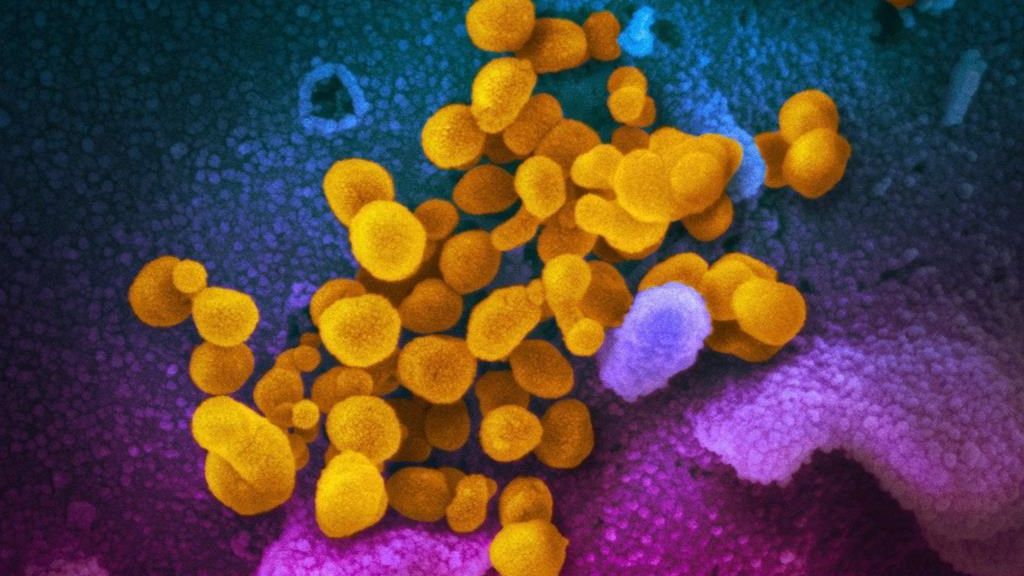In an interview with The Defender, Aditi Bhargava, Ph.D., the principal investigator of the PROVES study, outlined her concerns about how most studies of the efficacy and safety of COVID-19 vaccines have been flawed, and how she hopes to use real-world data to construct a more accurate picture of the success or failure of the unprecedented global vaccine campaign.
The researchers behind an ambitious and far-reaching new university study on COVID-19 vaccine safety and efficacy hope to collect responses from 2.5 million people worldwide.
The principal investigator of the PROVES (People’s Response to COVID-19 Vaccine Efficacy and Safety) study is Aditi Bhargava, Ph.D., a professor in the department of Ob/Gyn and the Center for Reproductive Sciences at the University of California San Francisco (UCSF).
Bhargava, who has a background in molecular and developmental biology, was involved in the development in 1990 of one of the first PCR diagnostic kits for the detection of mycobacterium tuberculosis.
Her co-investigator, Sabra Inslicht, Ph.D., is also affiliated with UCSF as an associate professor practicing clinical psychology and stress research in the university’s department of psychiatry.
Organized as a survey, the PROVES study seeks to gather real-world data from respondents on “vaccine safety, severity of COVID illness, health outcomes, course of recovery, and mortality in vaccinated and unvaccinated controls.”
The study is open to individuals from across the world, regardless of vaccination status.
In an interview with The Defender about her work and the study, Bhargava explained how her particular scientific background helped inform the study:
“My work focuses a lot on stress biology. In a way, viral infections are a huge stressor. Also, [I am] studying sex differences. Males and females. Their functions and physiology differ for various reasons. And when they have a particular disease, some of them can also have different outcomes. So that’s where I am.”







